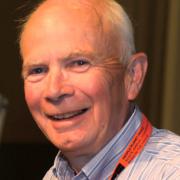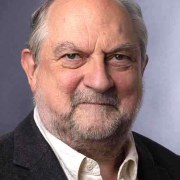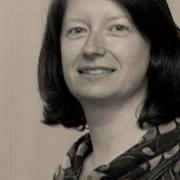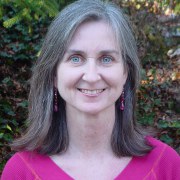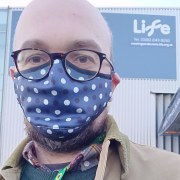For most if not all Ecsite attendees, science communication is a professional activity. We are constantly asking ourselves about the quality of our work, the consistency of standards and whether there are any common skills, training or standards that can be taken as a measure of quality. We all strive to get better at it but some of us don’t like to use the term ‘professionalisation’. Why might that be the case? Come and hear how science communication practice is being supported and challenged by new initiatives on both sides of the Atlantic with a focus on professionalising the profession.
Facilitator
Session speakers
Professor of science and environmental education
London
United Kingdom
Scoping the Professionalisation of Public Engagement (ScoPPES) with STEM explores some sector-wide issues and considers the development needs of individuals working in this broad, ill-defined community. ScoPPES is a response to persistent criticisms of the field such as a lack of agreement as to what counts as quality engagement. Through interviews and other means data were collected which point towards some fundamental needs for individuals and institutions which are not yet being met.
Head of Public Engagement
University of Bath
Bath
United Kingdom
ChallengeCPD@Bath has been a 6 month project funded by Research Councils UK, the strategic partnership of the UK government's seven research councils. We have been looking at the availability, quality and take-up of professional development for scientists who undertake science communication and public engagement.
Professional development for researchers undertaking public engagement is regarded as one of a number of challenge areas highlighted in the reports “Factors Affecting Public Engagement by UK Researchers” (Wellcome Trust, 2016), and "State of Play" (Owen, Leslie, and Featherstone, 2016). We have been exploring how to embed the necessary professional development into what researchers are already doing. Through ChallengeCPD@Bath we have evaluated existing training opportunities and produced new materials for developing these skills in the academic community.
Director, Professional Development
ASTC
Washington, DC
United States
In my role at ASTC, I help to connect science museum practitioners with colleagues, resources, and programs that can improve their skills in engaging the public in science. In the past two years, a collaborative project with ASTC, the Pacific Science Center, the University of Washington Museology Program, COSI (Columbus, Ohio), and Oregon State University has created a Professional Learning Framework for informal science education professionals in the US. We now ask: How broadly applicable are the skills and competencies that have been described by our work to date? And how does this emerging Framework connect to other learning research to inform the field of science communication and museum practice?
Head of Development
Newcastle upon Tyne
United Kingdom
As a practitioner, fund-raiser, and occasional science communication teacher, I regularly face the challenge and represent a traditional solution. As a recruiter I need to be able to identify relevant expertise (& distinguish it from trivial experiences). As a fund-raiser I need to be able to demonstrate quality and advocate for my own organisation, and as a teacher I need to deliver a rounded curriculum that balances theory with relevant practice.

